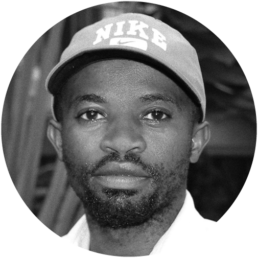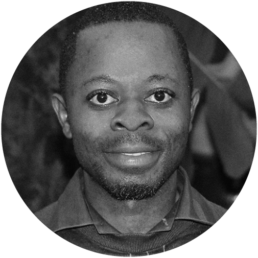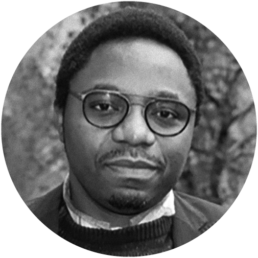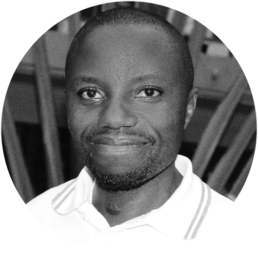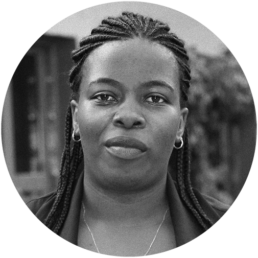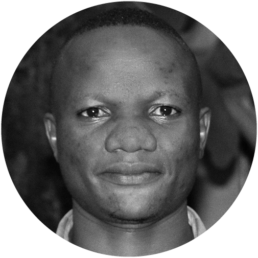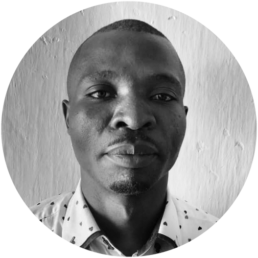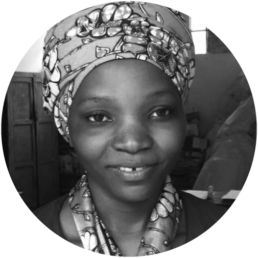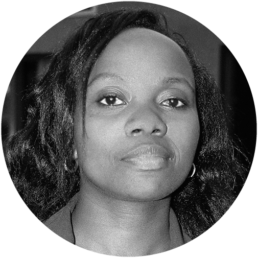INTRODUCTION
Social scientists from the Global North who work on the African continent have long relied on the knowledge and skills of local researchers and researcher assistants. Without this assistance, navigating the subtleties and complexities on the ground would be impossible for many Northern scholars – particularly in insecure settings and conditions of conflict. Yet this dynamic grows out of colonial power relations, and even today researchers from the Global South are far too often characterised as mere “fixers,” “guides,” or “data collectors” for their Northern counterparts – when they should in fact be recognised as crucial collaborators in academic research.
In early 2018, some thirty researchers based in both the Democratic Republic of the Congo and Europe gathered together in the eastern Congolese city of Bukavu to discuss the persistent side-lining of Southern researchers in contemporary cycles of knowledge production. Over the next two years, the group would reconvene repeatedly in Bukavu for a series of intensive workshops. Throughout these gatherings, participants sought to explore – and begin to address – the ethical issues that arise when Northern researchers engage colleagues from the Global South to carry out fieldwork in conflict and post-conflict settings.
Throughout these gatherings, participants sought to explore – and begin to address – the ethical issues that arise when Northern researchers engage colleagues from the Global South to carry out fieldwork in conflict and post-conflict settings.
These reflections led to the creation of the “Bukavu Series,” a blog project hosted by the Governance in Conflict (GIC) Network that aims to give space to those who often remain marginalised or invisible in the production of knowledge. In 2020, these blogs were collected into a book entitled The #BukavuSeries: Toward a decolonisation of academic research. Renowned Congolese political cartoonist Tembo Kash joined the project, creating a set of cartoons depicting the book’s primary themes. His illustrations for The #BukavuSeries form the core of this digital exhibition.
The essays in The #BukavuSeries examine local researcher vulnerabilities, pose tough questions around the issue of authorship in North-South collaborations, call for greater accountability to respondent communities, and prompt debate around a wide range of other issues too often ignored during the fieldwork phase of academic research, including trauma and emotional stress.
The ideas conveyed in these essays – and vividly illustrated by Kash’s artwork – serve as an indictment of the structural violence that persists in the process of academic knowledge production.
The ideas conveyed in these essays – and vividly illustrated by Kash’s artwork – serve as an indictment of the structural violence that persists in the process of academic knowledge production. They argue that this process is, among other things, responsible for the dehumanisation and the erasure of researchers from the Global South. At the same time, they offer profound and instructive insights as to how researchers from the Global South could be brought into the research process as full partners, and have their voices finally heard. As the researchers themselves tell us, only by adopting a reflexive and critical posture toward our respective roles in the practice of collaborative research, can we make progress in the decolonisation of research and the building of more equal partnerships.
The project is a collaboration between Ghent University and Université Catholique de Louvain in Belgium, and the Bukavu-based Angaza Institute and Groupe d’Etudes sur les Conflits et la Sécurité Humaine. It received funding from ARES, and was also made possible through support from both the Conflict Research Programme and the Centre for Public Authority and International Development at the London School of Economics and Political Science.
Copyright © 2022 by bukavuseries.com and Tembo Kash. All rights reserved. This website, images, content or any portion thereof may not be reproduced or used in any manner whatsoever without the express written permission of the publisher. For more information contact: intdev.crp@lse.ac.uk




